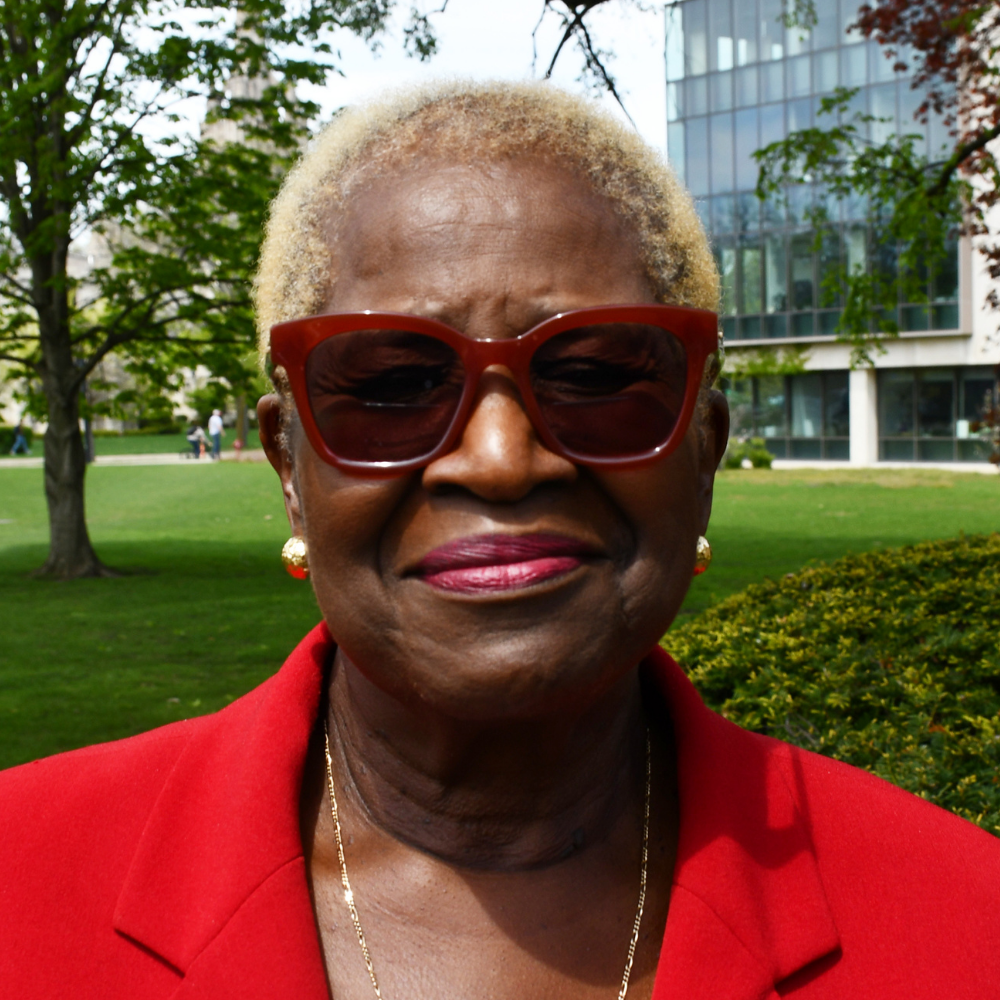Commentary on John 15:9-17
Love is a word, the meaning of which I take very seriously.
As a result, I find it difficult to use in relationships with both family members and friends. The difficulty comes, you may have guessed already, because of the facile way in which it is used in our world. Friend is also a word that I use somewhat sparingly because of its deep meaning to me. Perhaps, having grown up in the church this text may be one of the bases of my notion of both friend and love. Jesus puts these two keywords together in his statement “No one has greater love than this to lay down one’s life for one’s friends” (verse 13). I doubt that in the modern understanding of both love and friend that many would put the two together in quite this way or be willing to love a friend sufficiently to give up their life.
Emily Askew notes: “Love in this passage is not a psychological state, nor is it anywhere described as an internal quality. Love is an action—a really difficult action. The definition of love here is a radical willingness to die—not for your child or spouse, but for a fellow follower of Christ.”1 Certainly this meaning is nowhere in the minds of most, if not all, members of the congregation when they hear the words of Christ’s commandments that call Christians to love God and neighbor. And yet that is what this text, this message from Jesus, calls us to embody. How can we give up our lives for others? What can we do to show that depth of love for others within and outside the church?
On Martin Luther King Jr. Day this year, I watched the movie Selma and saw again the record of persons who willingly laid down their lives, risking pain and even death for the cause of justice. Truly they epitomized the meaning of this love of neighbor of which Jesus speaks in this text. In the second march on Selma, one saw not simply Black people or Christians; there were people of many races and cultures and religions. There were certainly people from all walks of life bound together by love; love of neighbor that made them willing to move out of their comfort zone, certainly aware, based on previous events at that time, that their presence and participation could result in bodily harm or even death. And yet they came.
So how can a preacher explain and respond to the call to love, to be a life-giving friend in these times? Certainly Jesus died for us all, but I would wonder at the preacher who calls the congregation to consider actual physical death. However, it may be possible to consider laying down one’s life in ways other than physical death. Perhaps looking at the meaning of the phrase “lay down one’s life” from another perspective might be helpful.
What does it take to set aside all that one believes about others, to set aside the prejudices that prevent or stifle friendship, in order to join others in being truly the Body of Christ? What would it take to set aside even for a moment the familiar and the cherished, whether simply beliefs or practices, in order to stand in for another, especially someone different, perhaps even someone on the margins? That might well be a form of laying down one’s life that a congregation that has been encouraged to embrace true diversity might be open to hearing or even doing.
Mid-2020, we witnessed the call for justice for many Black persons who had died undeservedly at the hand of law enforcement officers. We saw and heard the cries that Black Lives Matter and we saw protesters that called for equal justice. We also saw looting and violence perpetrated by some who came with a specific charge to disrupt the peaceful protests, and by others who simply took advantage of the situation for their own selfish purposes. But the best of those times, seen in the wide mix of people who participated both in the USA and across the globe, was evidence of this love that willingly puts oneself at risk because of the love of neighbor that Jesus requires of his followers.
There are many, perhaps including some preachers and some congregants, who do not understand or support the meaning of “Black Lives Matter.” Perhaps to say Black Lives (also) Matter may help to make the meaning plain. What it says is that as a diverse community under Christ and all connected to the one source (as I discussed in my commentary two weeks ago), all people matter equally. But in a society where Black lives are devalued as less than, where they are dehumanized as though they do not also contain the same Imago Dei as all other human beings, it is not enough to say that all lives matter. It becomes imperative that the church acknowledge that love of neighbor must be extended equally to those of a dark hue in a way that epitomizes one’s life laid down for one’s friends.
Being members together in the Body of Christ makes us all friends, all neighbors, and therefore makes all our lives, regardless of color, matter. So yes it is important the church acknowledge, where society does not, that Black Lives Matter. But that is not all. The church that is committed to the love that Jesus calls us to live, must offer that life-giving friendship openly and equally to all people, regardless of color. It is a serious charge, a dangerous charge, and a life-risking endeavor. But Christ requires it of the church that is committed to bearing fruit that will last. And it is Christ who says: “I am giving you these commands so that you will love one another.”
Notes
- Emily Askew, Feasting on the Gospels: A Feasting on the Word Commentary, John Volume 2 Chapters 10–21 (Louisville: Westminster John Knox Press, 2015), 176.


May 9, 2021